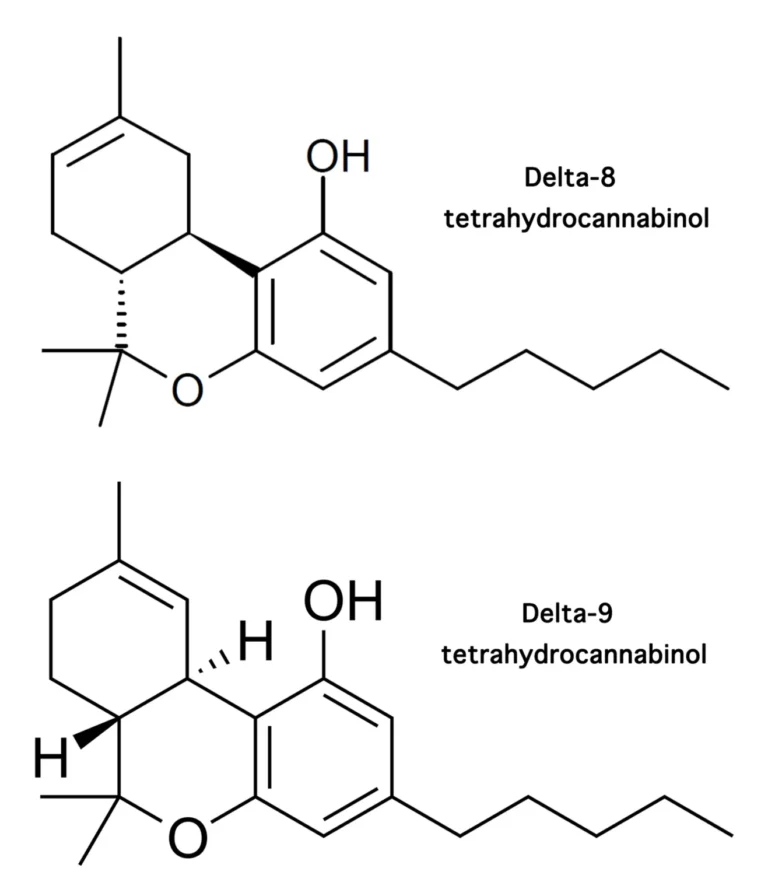Delta 9 And Breastfeeding
In recent years, the conversation around cannabis use has undergone a major transformation, shifting from a once-taboo subject to a topic of mainstream discussion and increasing legalization across the globe. Among the various compounds found in cannabis, delta-9-tetrahydrocannabinol (Delta 9 THC) is recognized as the key psychoactive ingredient responsible for the “high” associated with marijuana. As society becomes more accepting of cannabis, there is growing curiosity and concern about its effects, particularly among groups such as breastfeeding mothers. The issue of Delta 9 THC and breastfeeding requires thoughtful examination of both scientific research and personal experiences.
Delta 9 THC interacts with the body’s endocannabinoid system, which plays a role in regulating mood, appetite, and pain. For breastfeeding mothers, the concern arises from the potential transfer of Delta 9 THC to infants through breast milk. Since infants are in a crucial stage of growth and development, any exposure to psychoactive substances raises important questions about safety and the potential long-term impact.
Research on Delta 9 and breastfeeding is still limited but steadily expanding. Existing studies indicate that Delta 9 THC can be transferred into breast milk, which may expose nursing infants to the compound. The concentration of THC in breast milk depends on various factors, including the amount and frequency of cannabis use, how the substance is consumed, and the mother’s metabolism.
Although some studies suggest that THC levels in breast milk are relatively low, even minimal exposure to psychoactive substances can potentially have significant effects on a developing infant.

A key concern regarding Delta 9 THC and breastfeeding is its potential effect on infant neurodevelopment. The endocannabinoid system is vital for brain development, and introducing external cannabinoids like Delta 9 THC could interfere with normal processes. Studies in animals have shown that early THC exposure may impact cognitive function, motor skills, and behavior. Although direct evidence in humans is harder to gather, these findings indicate the need for caution.
Beyond developmental concerns, there is worry about changes in sleep patterns and feeding behaviors in infants exposed to Delta 9 THC. Some mothers have reported alterations in their baby’s sleep cycles and feeding habits, possibly due to the psychoactive effects of THC. These disruptions can influence the infant’s overall health, raising important considerations about cannabis use during breastfeeding.
Despite potential risks, some mothers use cannabis for perceived benefits like stress relief, pain management, or easing postpartum depression. While these challenges of postpartum life require effective coping strategies, it’s important to balance these benefits against the possible risks to the nursing infant. Consulting with healthcare providers knowledgeable in both lactation and cannabis use is essential for informed decision-making.
The legal status of cannabis adds further complexity. In areas where cannabis is legal, there may be more resources and open discussions available for mothers. However, in regions where it’s illegal, fear of legal consequences or stigma may prevent mothers from seeking advice. This highlights the importance of compassionate, non-judgmental healthcare for breastfeeding mothers who use cannabis.
In summary, the relationship between Delta 9 THC and breastfeeding is complex and not fully understood. While evidence suggests potential risks to infants, there are many factors to consider. Mothers using or considering cannabis should have open, informed discussions with their healthcare providers to ensure the best outcomes for both themselves and their babies. As research continues to develop, staying informed is essential for safeguarding the health of mother and child.






